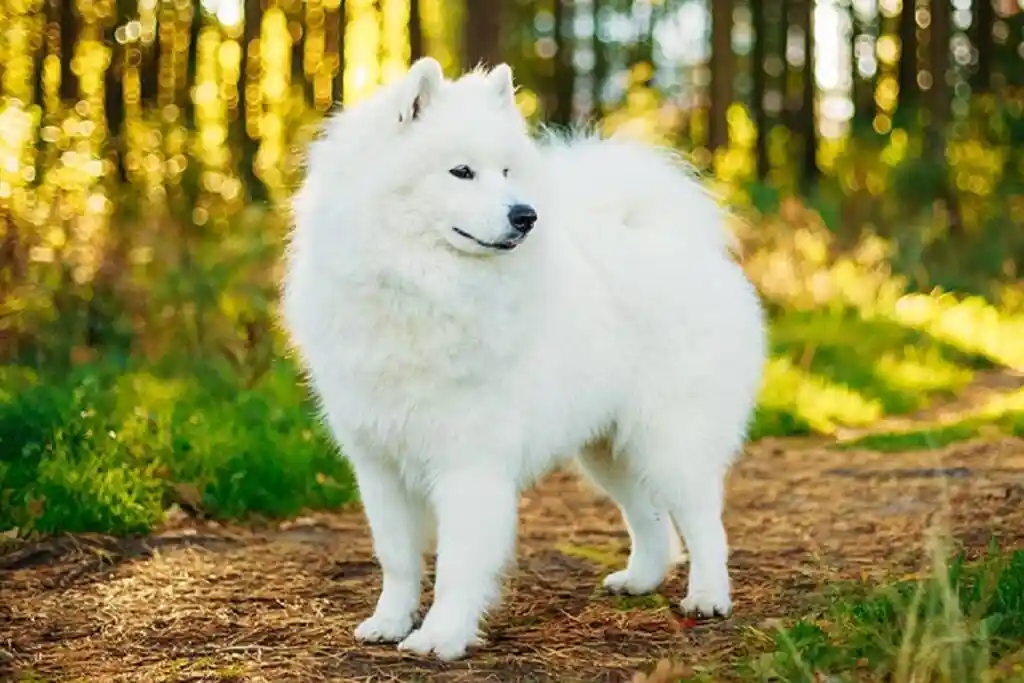When it comes to choosing the perfect dog, understanding the breed’s origin can be just as important as the breed’s temperament and characteristics. If you’re a dog lover with a penchant for unique breeds, you might find yourself drawn to the charming dogs from Holland. But what exactly are these breeds, and what makes them special? In this article, we’ll explore the fascinating world of Dutch dog breeds, highlighting their traits, history, and what you need to know if you’re considering adding one to your family.
Main Points of Post
The Allure of Dutch Dog Breeds
Imagine walking down the street with a dog that not only has a unique look but also an intriguing history. Dutch dog breeds offer just that. They come with rich stories, varied purposes, and a variety of temperaments. From herding and hunting to companionship, these breeds have played essential roles in Dutch culture.
Why Consider a Dutch Dog Breed?
If you’re contemplating adding a furry friend to your home, here are a few reasons why a Dutch breed might be the perfect choice:
- Diverse Temperaments: Whether you’re looking for an active companion or a calm family pet, there’s likely a Dutch breed that fits your lifestyle.
- Unique Characteristics: Each breed boasts distinctive features, making them stand out in a crowd.
- Cultural Heritage: Owning a Dutch breed can provide a sense of connection to the Netherlands’ rich history and tradition.
Notable Dog Breeds from Holland
Let’s dive into some of the most recognized dog breeds originating from the Netherlands. Each breed is unique in its way, bringing something special to the table.
1. Dutch Shepherd
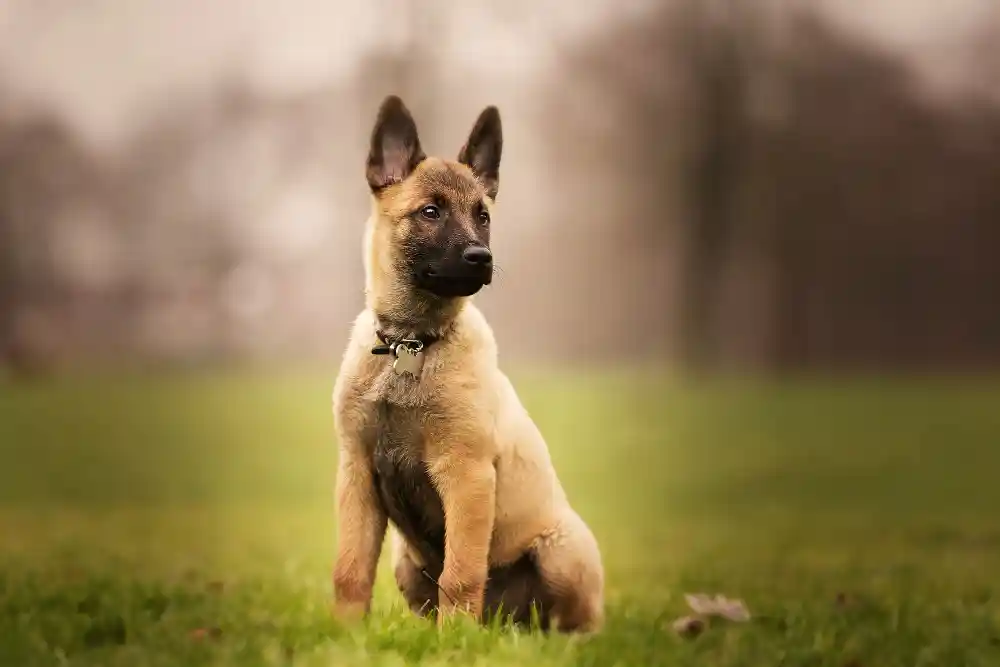
Overview
The Dutch Shepherd is an intelligent and versatile breed known for its herding abilities. With its striking brindle coat and sharp instincts, this breed excels in various roles, from working dogs to loyal family companions.
Characteristics
- Temperament: Loyal, intelligent, and energetic.
- Size: Medium (50-70 lbs).
- Coat: Short or long-haired; typically brindle in color.
Also Read: Why Cats Can Be Dangrous For Your Dog Breed
Health and Care
Dutch Shepherds are generally healthy but can be prone to hip dysplasia. Regular exercise, mental stimulation, and a balanced diet are crucial for their well-being.
2. Hollandse Herdershond (Dutch Herding Dog)
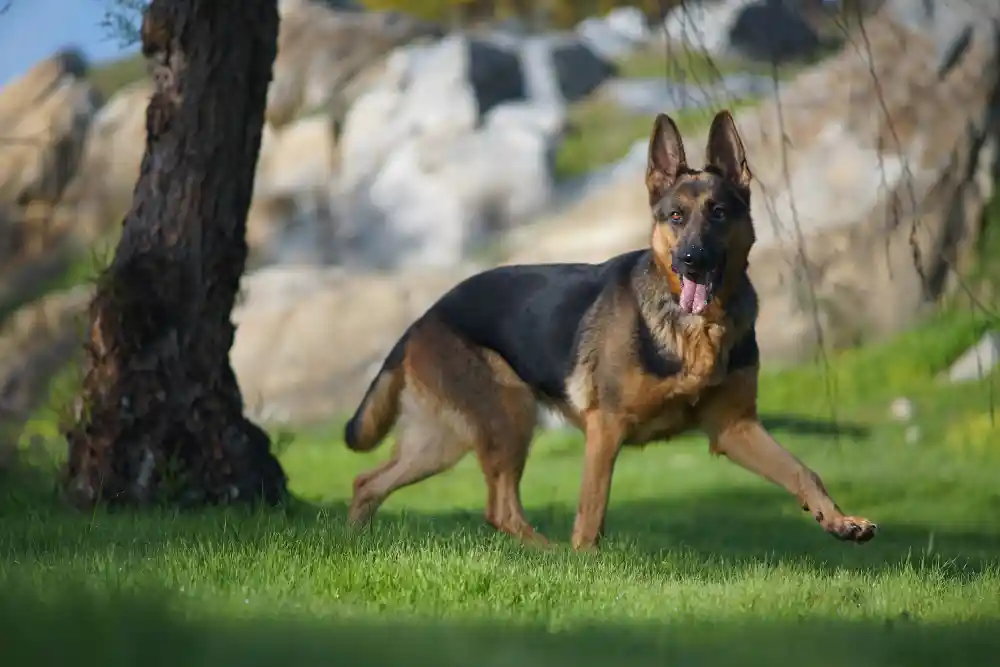
Overview
This breed was primarily developed for herding livestock and is known for its agility and strong work ethic. The Hollandse Herdershond comes in three coat varieties: long-haired, short-haired, and rough-haired.
Characteristics
- Temperament: Energetic, trainable, and protective.
- Size: Medium (30-60 lbs).
- Coat: Varies from short to long and can be black, brown, or gray.
Health and Care
These dogs require plenty of exercise and mental engagement. Regular grooming is necessary, especially for long-haired varieties.
3. Keeshond

Overview
Known for its distinctive “spectacles” (the markings around its eyes), the Keeshond is a cheerful and friendly breed that has historically been a companion dog and watchdog.
Characteristics
- Temperament: Friendly, lively, and intelligent.
- Size: Medium (35-45 lbs).
- Coat: Thick double coat, usually gray and black with cream accents.
Health and Care
Keeshonds are generally healthy but can suffer from certain genetic conditions. Regular grooming is necessary to manage their thick coat.
4. Nederlandse Kooikerhondje
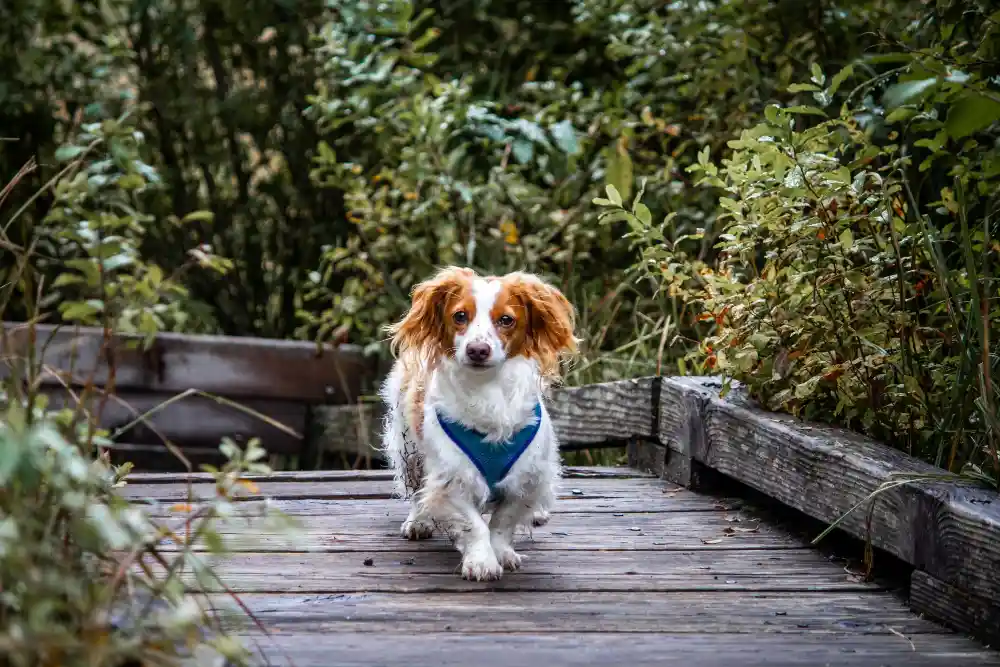
Overview
This breed is a small, spaniel-like dog originally used for duck hunting. Its friendly nature and intelligence make it a wonderful family pet.
Characteristics
- Temperament: Playful, affectionate, and energetic.
- Size: Small to medium (20-35 lbs).
- Coat: Medium-length, typically orange and white.
Health and Care
The Nederlandse Kooikerhondje is relatively healthy but requires regular exercise and mental stimulation to keep them happy.
5. Drentsche Patrijshond
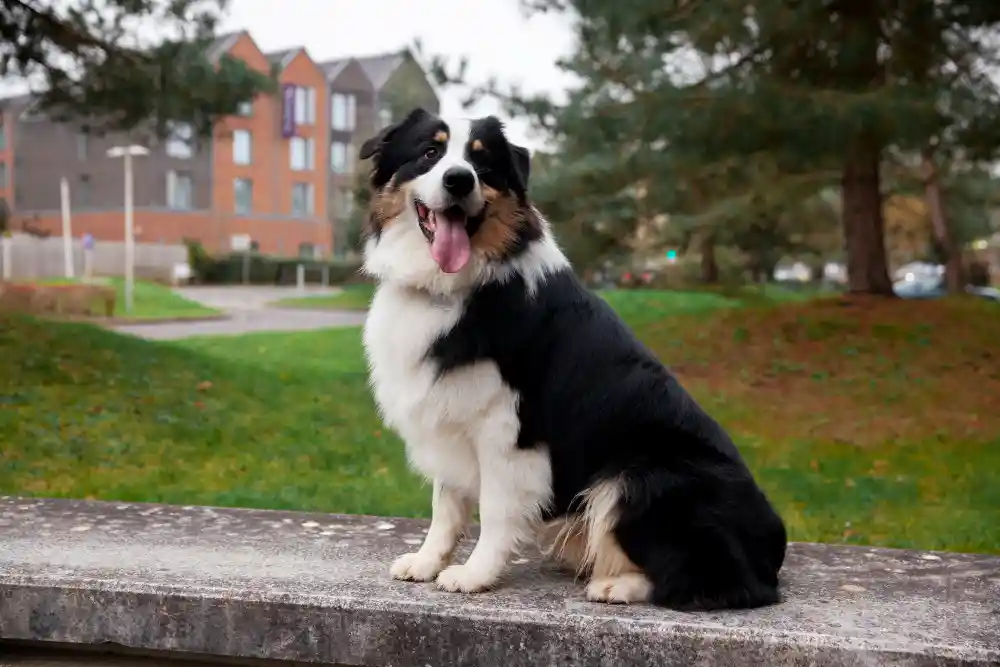
Overview
This versatile hunting dog is known for its excellent tracking abilities. The Drentsche Patrijshond is both intelligent and gentle, making it a great family companion.
Characteristics
- Temperament: Gentle, friendly, and eager to please.
- Size: Medium to large (45-60 lbs).
- Coat: Long, wavy, typically white with orange or brown markings.
Health and Care
Regular exercise and grooming are essential for maintaining their health and coat.
Understanding the Role of Dutch Breeds in History
Each Dutch dog breed carries with it a piece of history. These breeds were developed for specific tasks, from herding livestock to hunting game. Their characteristics reflect the needs of the people who bred them, showcasing the close relationship between humans and dogs throughout history.
The Working Roots of Dutch Breeds
Many Dutch breeds originated as working dogs, bred for tasks that required intelligence, agility, and loyalty. This working history is evident in their temperaments and physical abilities, making them well-suited for various roles today, including service and therapy dogs.
Caring for Your Dutch Dog
Exercise Needs
Most Dutch breeds require regular exercise to maintain their physical and mental health. Activities can include walks, playtime, and training sessions. Engaging in various activities will keep your dog happy and reduce behavioral issues.
Training
Training is crucial for any dog, but especially for intelligent breeds like those from Holland. Consistent, positive reinforcement training methods will help your dog learn commands and good behavior.
Health Considerations
Regular veterinary check-ups are essential to monitor your dog’s health. Being aware of breed-specific health issues can help in early detection and treatment.
FAQs About Dutch Dog Breeds
What makes Dutch dog breeds unique?
Dutch dog breeds often have unique characteristics that reflect their working origins, including intelligence, agility, and loyalty. Their history and cultural significance add to their charm.
Are Dutch breeds good for families?
Many Dutch breeds are known for their friendly and affectionate nature, making them great family pets. However, it’s essential to choose a breed that matches your family’s activity level and lifestyle.
How do I choose the right Dutch breed for me?
Consider your lifestyle, activity level, and the specific traits of each breed. Researching each breed’s needs and characteristics will help you find the perfect match.
Can Dutch breeds adapt to apartment living?
While some Dutch breeds can adapt to apartment living, most require regular exercise and mental stimulation. A home with a yard or easy access to parks can be beneficial.
Are Dutch dog breeds prone to any specific health issues?
Like all breeds, Dutch breeds can be prone to certain genetic conditions. Regular vet check-ups and a healthy lifestyle can help mitigate these risks.
Final Thoughts
Choosing a dog is a significant decision, and understanding the breeds available can help you make an informed choice. Dutch dog breeds, with their unique traits and rich histories, offer a wonderful option for pet lovers looking for companionship, loyalty, and fun.
Whether you’re drawn to the herding prowess of the Dutch Shepherd or the friendly nature of the Keeshond, these breeds bring something special to any home. By considering their needs, characteristics, and historical significance, you can find a loyal friend who will enrich your life for years to come.
If you’re considering adding a Dutch dog to your family, take your time to research and connect with reputable breeders or shelters. Your future furry friend awaits, ready to bring joy and companionship into your life!

